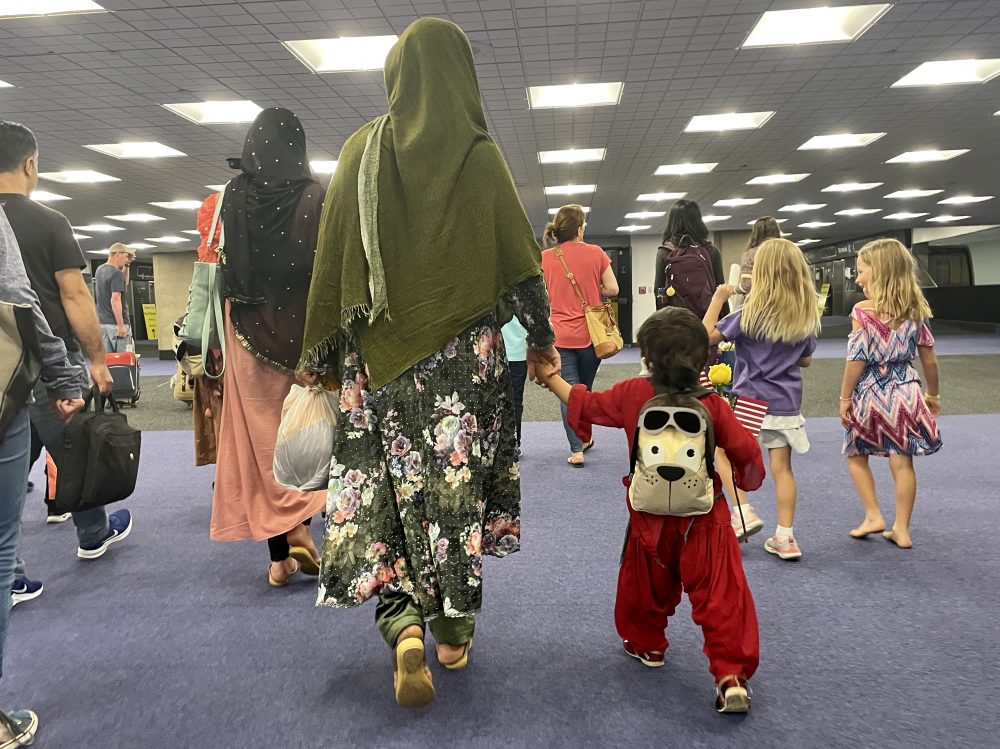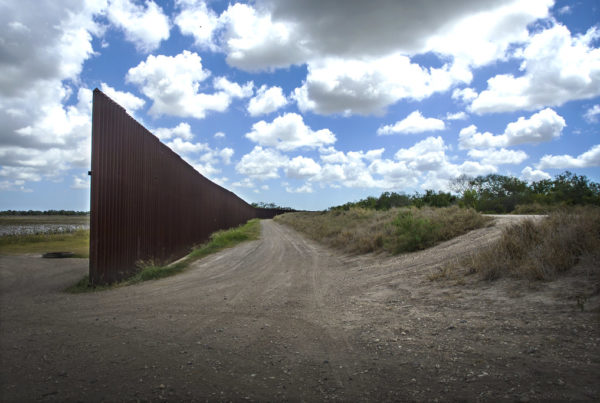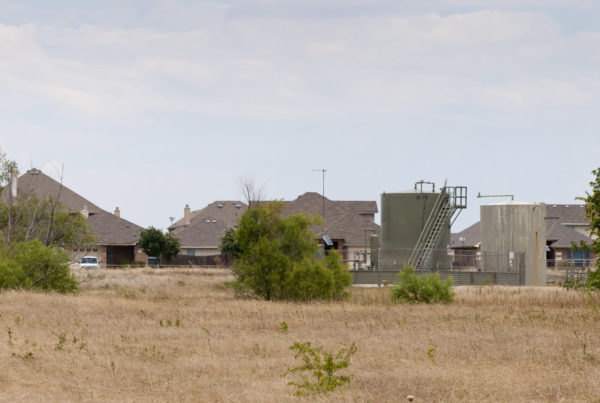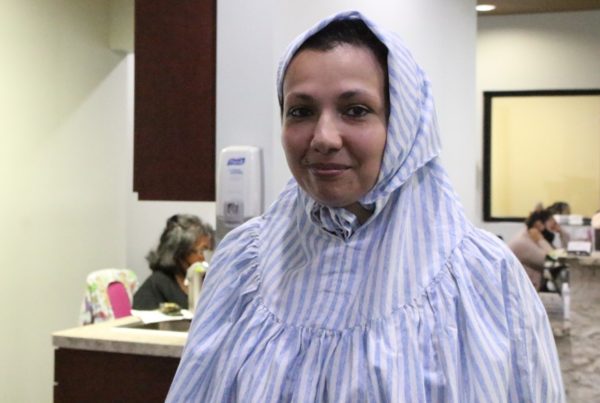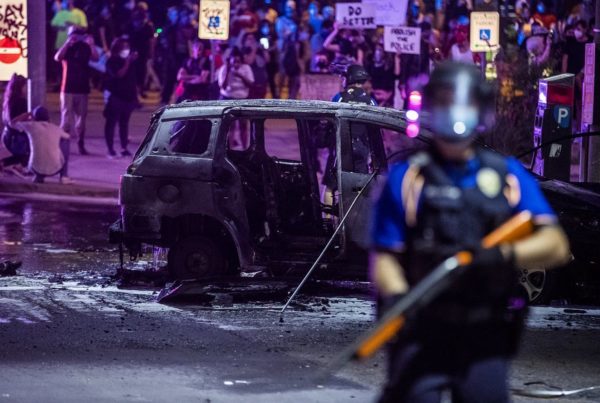The family of an Afghan interpreter killed by the Taliban for his work with the U.S. military arrived in Houston this weekend, the culmination of a 10-year wait for resettlement.
Military veterans and refugee advocates greeted the family of the slain interpreter at George Bush Intercontinental Airport Saturday night with yellow roses and American flags.
But the Afghan family’s long-awaited arrival is a bittersweet one, since the husband and father — who is referred to by his middle name, “Mohammad” — was murdered by the Taliban in January 2021, shortly after he was notified that his family’s visa to the U.S. received initial approval.
The family’s story has gained the attention of national media, as well as the attention of Congress, as it highlights the life-threatening consequences Afghan and Iraqi interpreters face due to their work with the U.S. military.
Interpreters like Mohammad have access to a Special Immigrant Visa, created to protect translators who helped U.S. and allied forces in Iraq and Afghanistan, who played an essential role in language, cultural and geographic understanding of the region.
But many interpreters, and other qualifying workers have faced years-long delays and other issues, while their lives are on the line.
“It’s a long wait. Trust me. You check your email 10 times in a day,” said Asadullah Jan, a former Afghan interpreter living in Houston, whose visa process took six years.
Jan said he moved around Afghanistan frequently to keep himself and his friends and family safe.
He was among the group welcoming the Mohammad family Saturday — an arrival that Jan said came too late.
“On the one hand, I am glad most of the family made it to the United States of America. Here they’ll be having the best life,” he said. But he also acknowledged the tragedy in not having Mohammad join them, “because of the delay of someone sitting in Washington in a decorated office, delaying the case time and again and again and again.”

Combined Arms volunteer and veteran Cress Clippard folds the American flag to be given to Mohammad’s widow.
Elizabeth Trovall / Houston Public Media
For five months, military veterans in Houston have been working with lawmakers, attorneys and immigration officials to quickly get immigration approvals for the late translator’s wife and six children.
Mohammad and his family were eligible for the Special Immigrant Visas after he served about 12 years in combat as an interpreter, according to Cress Clippard, a volunteer with the veteran organization Combined Arms. Clippard has welcomed dozens of Afghans and Iraqis to Houston.
“It’s a no-brainer for most of us veterans that we’ve got to help them out when they come here,” Clippard said.
During Mohammad’s 10-year wait for his family’s visa’s, his application was erroneously denied. The International Refugee Assistance Project intervened and eventually, Mohammad’s visa received initial approval in December 2020.
But while Mohammad and his family were waiting for next steps, the Taliban attacked, first killing three of Mohammad’s extended family members at a wedding, according to Clippard, who had spoken directly with the family and their lawyers.
Then, in January 2021, the Taliban shot and killed Mohammad, according to the first-hand account from Mohammad’s son, who was there when his father was gunned down.
Mohammad’s death invalidated the family’s visa pathway, which prompted the International Refugee Assistance Project to seek “humanitarian parole” for the family, an emergency measure which allows them to quickly come to the United States due to the immediate threat on their lives.

Two girls wait to greet the Mohammad family with yellow roses and smiles.
Elizabeth Trovall / Houston Public Media
The family’s story brings to light the plight of some 18,000 families — the estimated number of Afghans with pending Special Immigrant Visas for their families as of June 2020. For each year they wait, due to the time-consuming and confusing visa application process, they’re more at risk of an attack by the Taliban.
Combined Arms has set up a website for donations that will be used to make initial rent payments for the family, and help with some medical and food expenses. Because the family now isn’t coming in with Special Immigrant Visas, they aren’t eligible for government support and still face an uncertain legal future.
And now, the approaching September 2021 deadline to withdraw troops from Afghanistan has renewed calls to quickly grant visas to the Afghans who served alongside U.S. armed forces.
“The United States government made a promise: If you help our mission there, if you help us rebuild these countries, we understand that’s a gigantic risk not only to you but also to your family,” Clippard said. “Because we understand that we are willing to offer a chance to come to America and be safe.”
“We’ve got until Sept. 11 until we pull out,” Clippard said. “And then who is going to protect them?”


